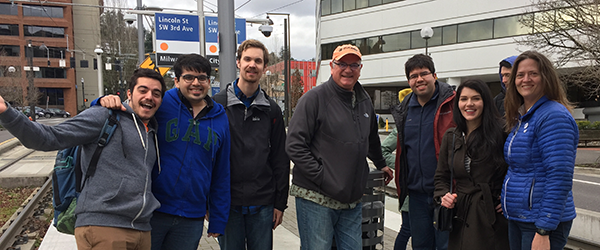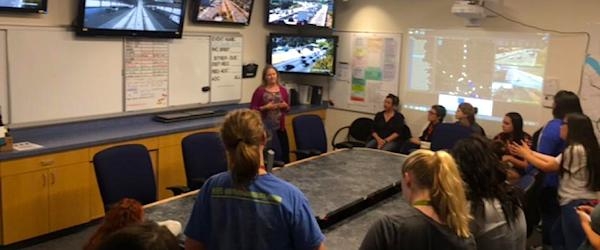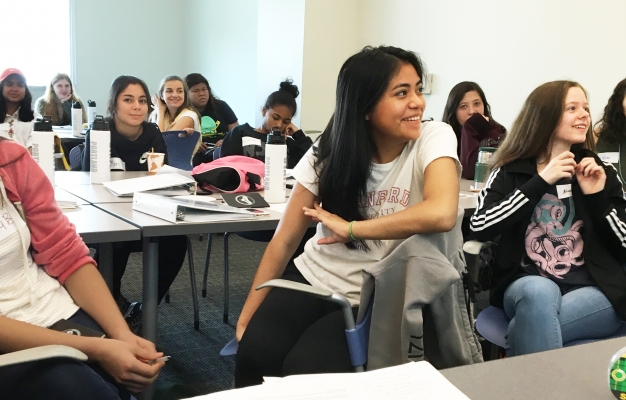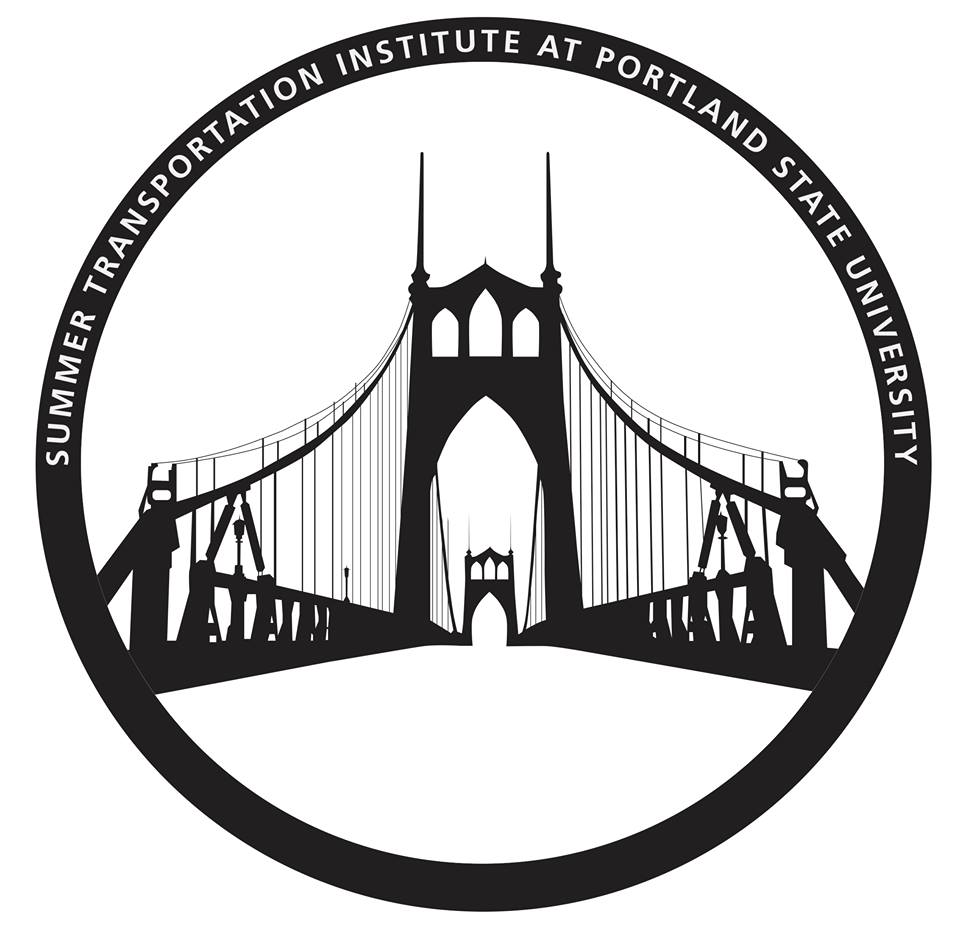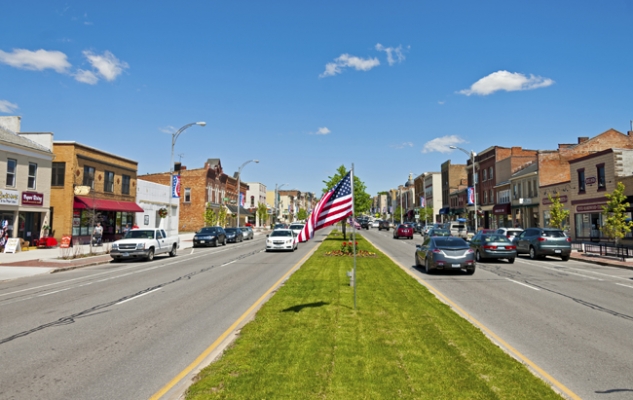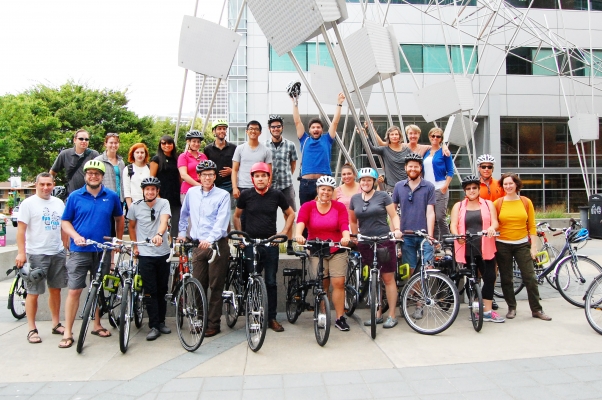How can community members become more engaged in transportation decision making?
Individuals and groups can learn to effect powerful change, but success requires some familiarity with how civic processes work. Community Transportation Academies, or CTAs, provide a basic technical understanding of how a city or region’s transportation system operates, along with the decision makers and decision-making processes that determine how the system is shaped.
Supported by the National Institute for Transportation and Communities (NITC), the new Wasatch Transportation Academy (WTA) at the University of Utah was piloted in 2022 in the Salt Lake City region. The research team developed a course vision, topics, and logistics for the WTA by interviewing stakeholders in the Utah Governor’s Office of Planning and Budget, the Utah Department of Transportation, the Utah Transit Authority, Salt Lake County, Salt Lake City, and the Wasatch Front Regional Council. Led by Nathan McNeil of Portland State University and Keith Bartholomew of the University of Utah, the WTA used the established Portland Traffic and Transportation class in Portland, Oregon as a framework.
...
Read more
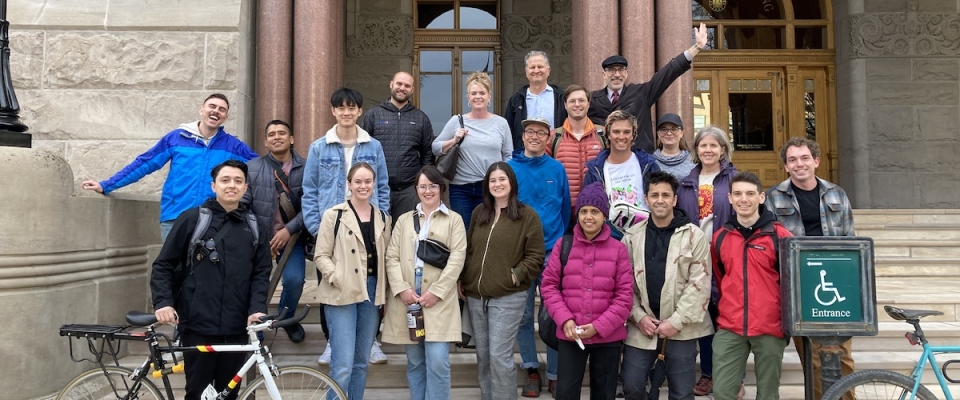
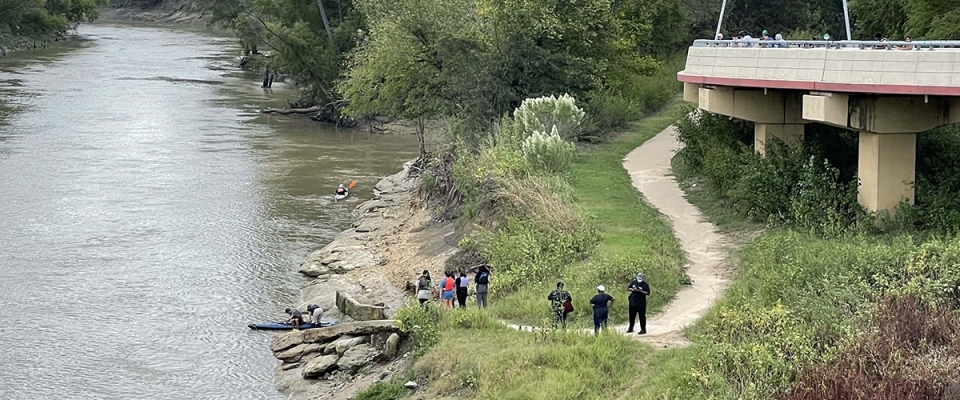
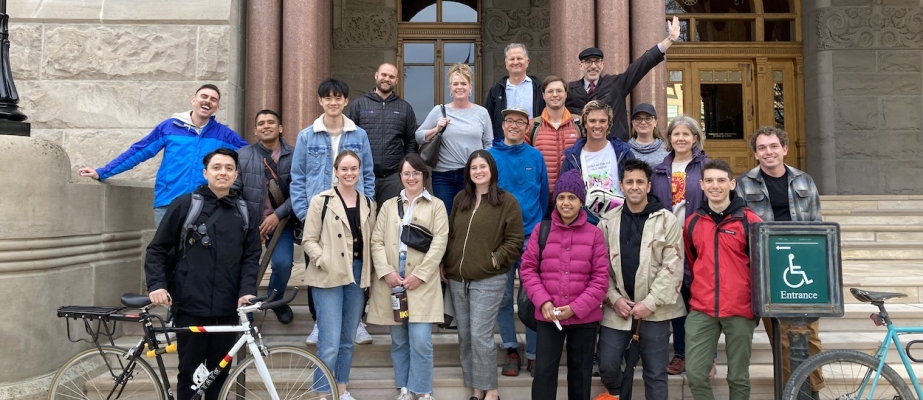
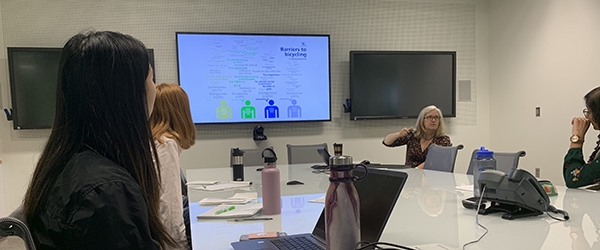
 Anaisabel Crespo - Leiva, SUNY...
Anaisabel Crespo - Leiva, SUNY...